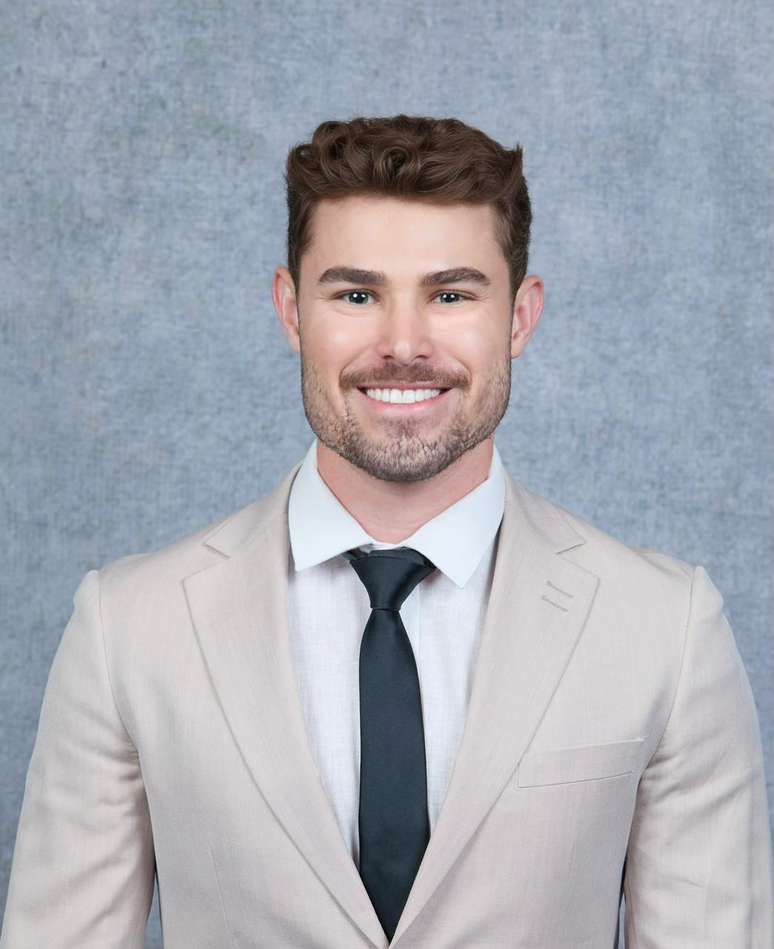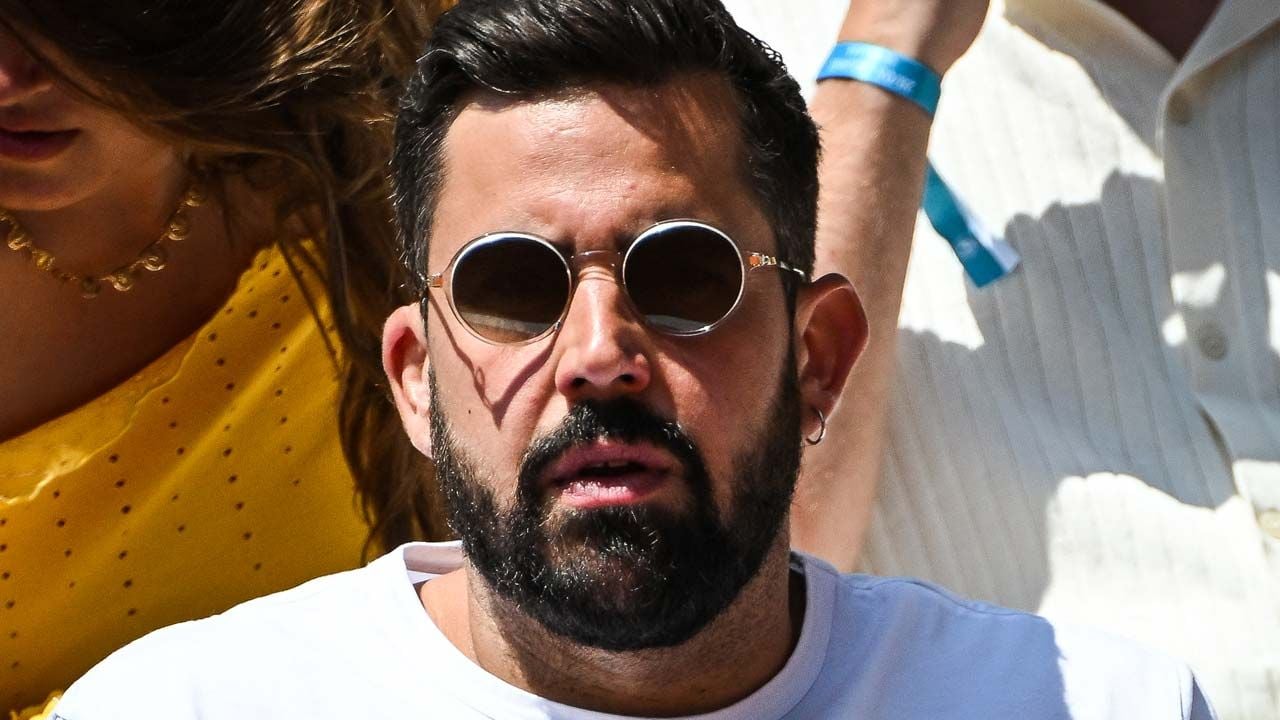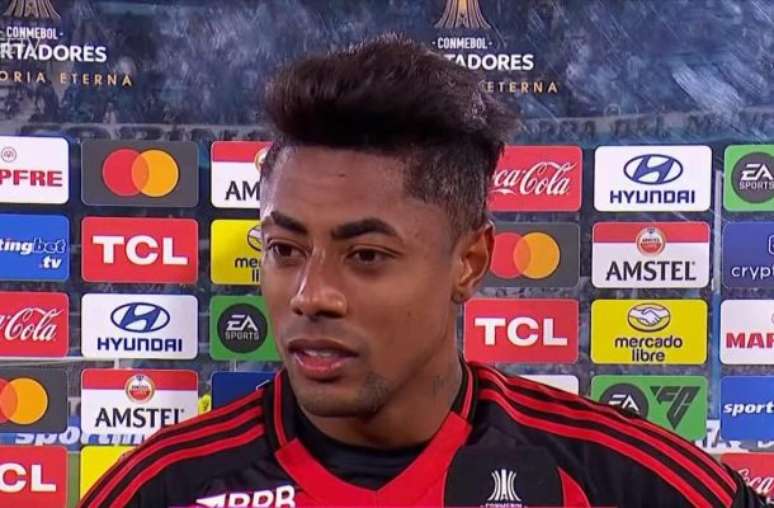The geneticist and Brazilian oncogenetic companion speaks of his trajectory transforming complex diagnoses into reception and how he believes that “genetics is a compass” for thousands of unanswered people.
In a reality in which medicine is often supported by numbers and statistics, the geneticist and colleague Dr. Paulo Victor Zattar Ribeiro builds his career on an equally important pillar: sensitivity. Originally from Joinville and based in Ribeirão Preto, Paulo is one of the only 400 geneticists who operate in Brazil, a number that should be five times higher to adequately satisfy the country’s demand. Although still considered a recent and poorly widespread specialty, genetics already transforms the life of patients looking for answers after years of uncertainty.
The trajectory of Dr. Paulo is intertwined with a medical family inheritance and a deep personal discovery and reveals how medical genetics is, above all, a specialty of hope and welcome. “What enchanted me most in genetics was the possibility of making the difference in rare diseases, often in patients who have spent years without responses. I believe that genetics is the future of medicine because it allows us to get out of collective logic and see each patient as the only one”, says the doctor.
Although he grew up in a family of doctors, being the brother and son of the pediatricians, great grandson of the renowned Sadalla Amin Gahnem and surrounded by ophthalmologists, Paul took a long time to see in the profession. His sensitivity spoke stronger. “Since I was a child I already wanted to take care of people, but since it was very sensitive, I was afraid of not dealing with suffering well. It made me doubt if the medicine was really for me,” he remembers.
But it was during adolescence, inspired by father’s care with patients, that the vocation became undeniable. “Gradually, I realized that this sensitivity, in fact, could be my greatest strength as a doctor.” The route, however, came completely completely on the penultimate year of college, in an experience in Portugal with an oncogenetic doctor. It was during this period that he discovered medical genetics, an area that unites in -depth scientific research with full humanized care.
Genetics as a compass for patients looking for answers
For Dr. Paulo Victor Zattar Ribeiro, genetics is much more than a specialty, it is a driving tool. Remember cases that have marked his career and have revealed the impact of the specialty. “I will never forget the case of AB, a 7 -year -old girl who spent three years going to the emergency room for unbearable pain without ever receiving a diagnosis. After the genetic examination, we were able to identify the cause and control her pain. For her and the family, it was like finding a north after loss so long,” he says.
Another emblematic case that acquired national repercussions was the diagnosis of a patient with Moebius syndrome, a rare condition that affects the nerves responsible for facial and eye movements, causing paralysis and motor difficulties. “It was one of the most surprising cases of my career. […] Getting to diagnosis and giving visibility to chance has been extremely rewarding. The national repercussion has contributed to showing the importance of genetics and, in particular, has brought light to many families who live with rare diseases, “he says.
He himself has experienced suffering for years on his skin until he reached a diagnosis. “I have Hailey-Hailey, a genetic skin disease, and it took me more than four years to have a diagnosis. It was only when I searched a geneticist that I found answers. So I always say that genetics is a compass because it gives direction, offers hope and transforms care into something possible and concrete”, says Ribeiro.
An expanded vision of healing and progress in genetics
In clinical practice, the geneticist does not accept the idea that the incurable is synonymous with despair. Therefore, Paolo defends a concept of healing that transcends the simple elimination of a disease. In an area where many conditions are incurable, found in relief, welcoming and quality of life. “Healing, for me, goes beyond the absence of illness. In genetics, almost no condition is really curable, but this does not mean despair. The care is to offer a diagnosis that finally brings relief, it is to guide a family, welcome pain, improve the quality of life.”
Among the progress of genetics that most enthusiastic, Paulo cites three pillars:
• Genetic screening in healthy individuals: such as the carrier of the carrier for couples who want to remain pregnant, hereditary cancer panels and molecular tests of neonatal screening.
• Pharmacogenomic: which allows you to choose personalized drugs based on each patient DNA.
• Gene therapy: which offers treatment options for serious diseases that previously had no alternatives.
His doctorate also reflects the vocation to unite science and social impact, with research focused on human reproduction and early menopause. “A genetic panel can offer precise diagnosis, allow prevention and even guide the conservation of fertility such as freezing of eggs. In the future, it could even become a screening examination of the population, helping thousands of women to plan,” explains the doctor.
The democratization of knowledge
Aware that genetics is still poorly widespread among doctors, dr. Paulo has decided to invest heavily in education. In addition to the service of Ribeirão Preto, joinville and from telemedicineBring information to an even wider audience with Podraros, a project created together with Dr. Lisandra Letícia Palaro.
“We created the rotten with the mission of democratizing knowledge of genetics and rare diseases. […] The audience’s response was exciting, showing that we are reaching people who have felt invisible and now find information, hope and belonging, “he says.
The Podcast proposal is to make genetics accessible and close to families living with rare syndromes. For the geneticist, spreading this knowledge also among doctors of other areas is fundamental. “We must put genetics on the agenda in a broad sense, not only within the gym, but also in the diffusion spaces. The more genetic it is discussed outside the limited circle of the specialty, the more it will be incorporated into clinical daily life and soon the patients will reach the diagnosis and the appropriate follow -Up -Up.”
To support the intense routine of the clinic and the academic environment, Paulo seeks balance with sport. Tennis, surfing and diving practitioner, sees these activities as an essential part of his car -cura. “Dive is my favorite sport because it allows me to completely disconnect from the routine, enter a silent, contemplative and beauty world,” he says.
With dozens of scientific publications and participation in national and international congresses, it projects the next steps without losing sight of the purpose that moves it. So leave a message to patients and families: “I see you. I see the strength of every mother who studies to understand the rare diagnosis of a child, the father who does not give up the difficulties and courage of every child who faces the procedures without losing the brightness in appearance. […] Genetics does not only concern exams, but care, welcome and hope. My commitment is to continue walking by your side, so that each journey is lighter, with more equity, access and dignity. “
Source: Terra
Rose James is a Gossipify movie and series reviewer known for her in-depth analysis and unique perspective on the latest releases. With a background in film studies, she provides engaging and informative reviews, and keeps readers up to date with industry trends and emerging talents.




![A Better Life Preview: What’s in store for Thursday 30 October 2025 Episode 453 [SPOILERS] A Better Life Preview: What’s in store for Thursday 30 October 2025 Episode 453 [SPOILERS]](https://fr.web.img3.acsta.net/img/19/c5/19c512af3e998cd1e6067fd0edf5e894.jpg)

